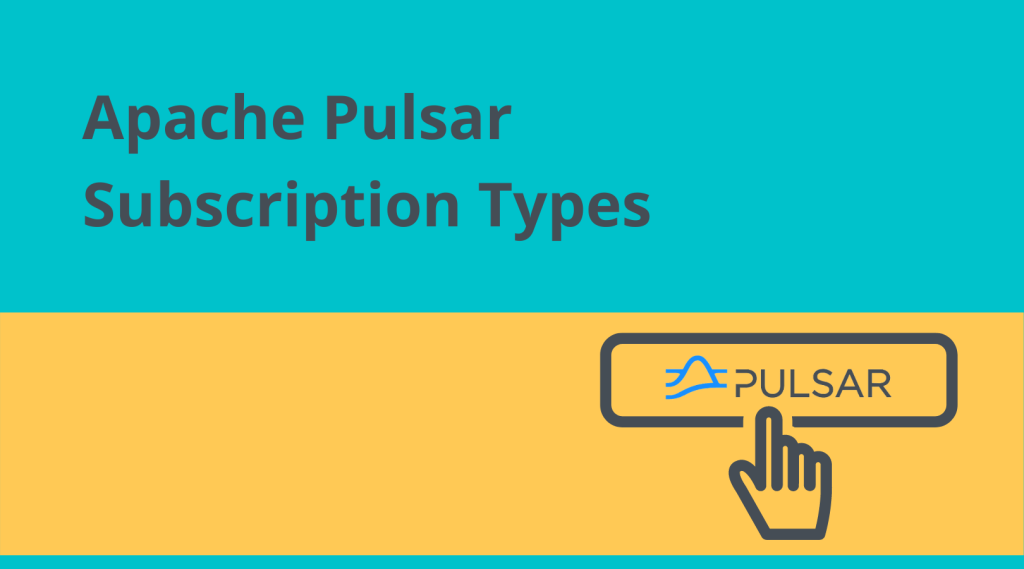Updated August 2023
Apache Pulsar is a publish-subscribe distributed messaging system. When consumers subscribe to topics in Pulsar, there are four different types to choose from: Exclusive, Failover, Shared, and Key_Shared. In this article we will review the different subscription types and what factors to consider when choosing between them.
If you are interested in learning more about the basics of Pulsar structure, check out our articles on What is Pulsar? and What is Pulsar’s Two-Layer System?.
Message Ordering and Scaling
For most use cases, message ordering and scaling are crucial to the success of the messaging system. Message ordering preserves the order in which messages are received by a partition topic from producers. Just think of the mess caused by a financial services provider not having assurance that message order is preserved.
Scaling is another important factor. In order for a system to scale there needs to be potential for multiple consumers to consume messages from a topic partition at the same time. If not, bottlenecks can develop, slowing down the entire system and hindering scalability.
4 Subscription Types

Exclusive subscription
Exclusive subscriptions allow only a single consumer to subscribe to a partition topic. The benefit of the Exclusive subscription is that ordering is guaranteed. However, Exclusive subscriptions do not scale well because only one consumer can consume messages at a time.
Failover subscription
With the Failover subscription, multiple consumers can attach to the subscription. However, only one consumer can receive messages at a time. The consumers have priority. When the master consumer disconnects, then the next consumer in line can receive messages.
Like with Exclusive, Failover guarantees ordering. However, it’s not scalable.
Shared subscription
The Shared subscription is also referred to as round robin mode. With the Shared subscription type, multiple consumers can read messages from a partition topic at the same time. Messages are delivered to consumers in a round-robin fashion. Any given message is delivered to only one of the consumers. If the consumer for a particular message disconnects before acknowledging receipt of that message, then the message will be resent to one of the remaining consumers.
For Shared subscriptions message ordering is not guaranteed. However, this type is scalable because multiple consumers can be consuming at the same time.
Key_Shared Subscriptions
Key_Shared subscriptions allow multiple consumers to attach at the same time. With this kind of subscription messages need to specify the key or ordering key, and the same key or ordering key is delivered to only one consumer.
Key_Shared is both scalable and preserves the message ordering.
Note on message ordering across topics
If a producer is sending the same message to multiple topics, there is no guarantee that it will be read from each topic in the same order. Message ordering discussed above is limited to ordering within a topic or partition topic.
Summary on Pulsar subscription types
For most use cases it will make most sense to use Key_Shared subscriptions because it is both scalable and retains message ordering.
Apache Pulsar Support Services
If you are interested in 24/7 support, consulting, and/or fully managed Pulsar services, you can find more information on our Apache Pulsar services page.
Schedule a call with a Pulsar solution architect.

